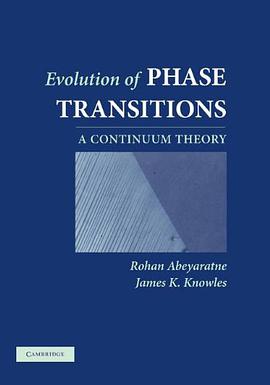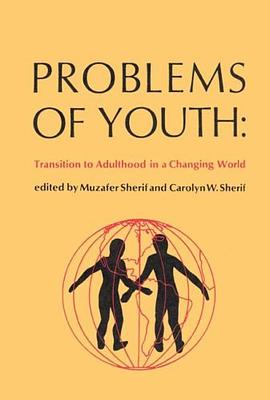

具体描述
Irish revolutionary nationalism, initially dedicated to insurgency, quickly descended into less conventional violence. How successive British governments responded to this challenge and the extent of their respect for essential freedoms are the subject of "The Fenian Problem". Dramatic and tragic rescues of arrested Fenian leaders, the formation of a Fenian squad to engage in assassinations of suspected informers and policemen, the bombing of a London prison that brought death and destruction to a neighbouring street, public executions of several Fenians, the quality of British justice, and the struggle to develop counter-terrorism policies and an effective system of intelligence form the core of "The Fenian Problem".Brian Jenkins adds new information to the established narrative of the movement, arguing that it resorted to terrorism in its pursuit of Irish independence. Jenkins discusses both the parallels between the government's treatment of Fenian prisoners in the 1860s and their handling of the IRA in the 1970s and the similarities between the challenges posed by Fenians and those presented by Islamic insurgents, showing that nineteenth-century British and Irish history illuminate contemporary discussions of state security and liberal government responses to terrorism.
作者简介
目录信息
读后感
评分
评分
评分
评分
用户评价
相关图书
本站所有内容均为互联网搜索引擎提供的公开搜索信息,本站不存储任何数据与内容,任何内容与数据均与本站无关,如有需要请联系相关搜索引擎包括但不限于百度,google,bing,sogou 等
© 2026 book.quotespace.org All Rights Reserved. 小美书屋 版权所有




















